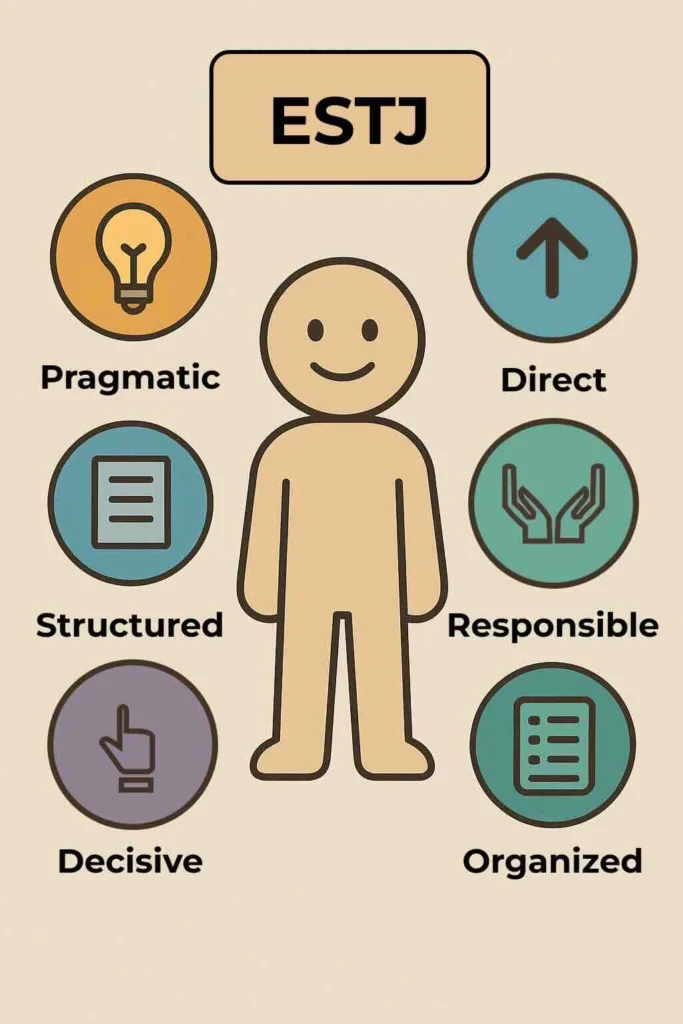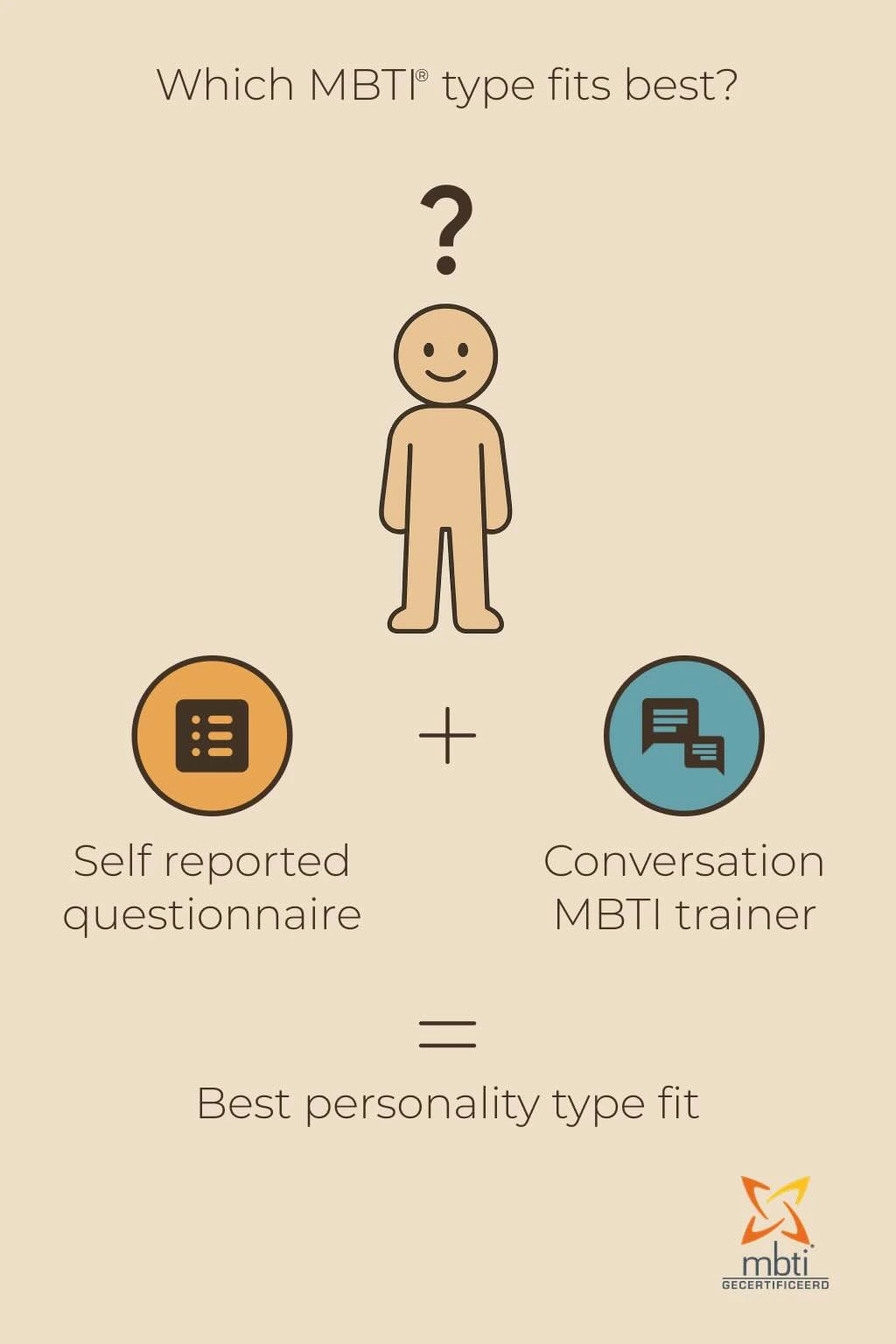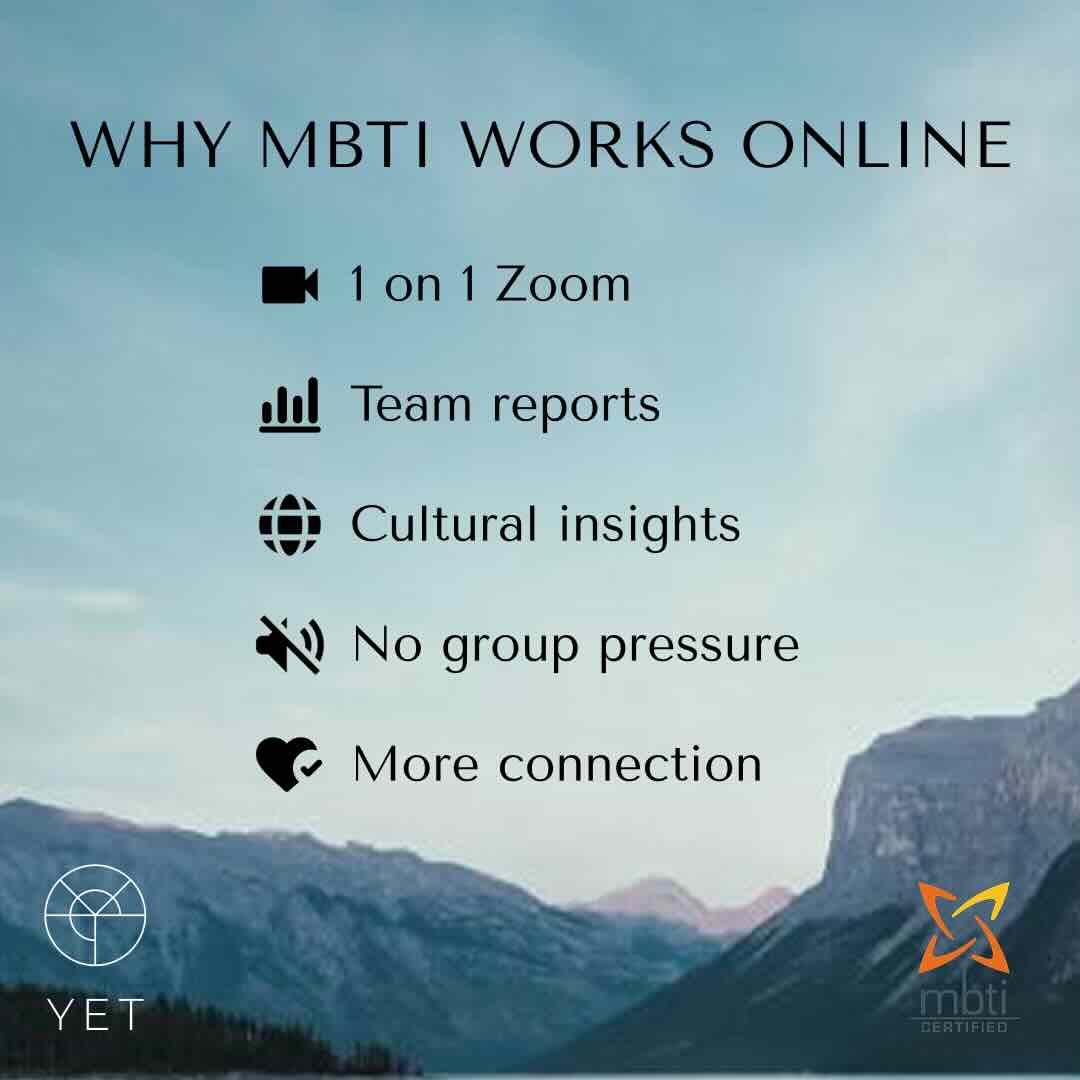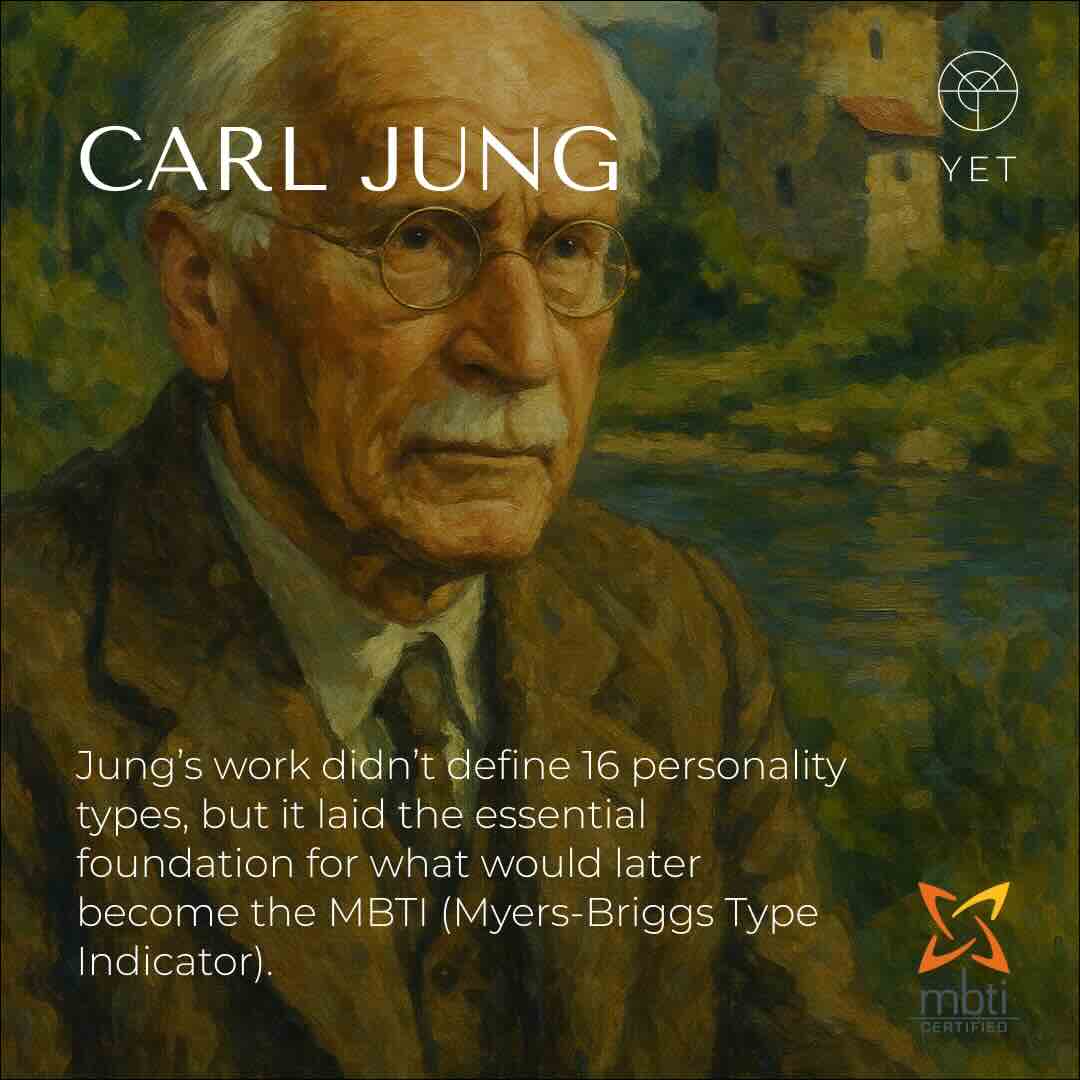ESTJ Personality: The efficient organizer: Leaders in Action
If you’re looking for someone who can whip a messy situation into shape, put everyone on track, and make sure everything’s running like a Swiss watch, look no further than the ‘ESTJ’. These organized, driven, and pragmatic individuals are the ones to thank when order emerges from chaos—and they love doing it.
ESTJ’s, often called “The Executives,” are natural-born leaders. They’re the people who take charge in every setting, from running households to managing businesses, all with a no-nonsense attitude and an enviable sense of responsibility. But let’s not make the mistake of thinking they’re all work and no play—ESTJ’s have a sense of humor too, even if it’s sometimes buried under a layer of iron-clad structure and, of course, a to-do list.
ESTJ personality’s structure, their superpower
ESTJ’s thrive in structured environments. They are the ones who will take a group of friends camping and somehow turn it into a military-style operation. From setting up the tents to organizing mealtimes, everything will be scheduled with precision, and heaven help anyone who deviates from the plan.
An ESTJ might say something like, “Relax? Sure, but let’s put that in the agenda for 4:15, right after we finish cleaning up the campsite and before dinner prep!” For them, relaxation is important—but it’s even better when it’s scheduled and comes with a checklist.
Their love for rules and traditions is not because they lack imagination but because they understand the importance of having a foundation. ESTJ’s believe that when everyone knows what’s expected, things flow more smoothly. Want a successful family reunion? Put an ESTJ in charge, and everyone will know when to show up, what to bring, and what time the family photograph will be taken. Just don’t try to change the plan last minute. Flexibility? Well, that’s not exactly their forte.
ESTJ’s feeling
Efficiency first, feelings later (maybe).
ESTJ’s are results-driven, and their focus on getting things done sometimes leads them to prioritize efficiency over emotions. While this can make them excellent in leadership roles, it can also result in some awkward moments when they inadvertently steamroll over someone’s feelings.
Picture this: An ESTJ in a team meeting. The topic of discussion is an upcoming project deadline. One of the team members starts talking about how stressed they’ve been because of personal issues. The ESTJ listens intently, nods, and then says, “That’s tough. Now, back to the project. Are we on track to hit the deadline?” In the ESTJ’s mind, they’re being supportive by keeping the conversation focused on the goal. However, to others, it might seem like they missed the emotional cue altogether.
But here’s the twist: ESTJ’s care a great deal. They just show it by making sure everything is taken care of—on time, on budget, and in accordance with the plan. Their motto? “I’m not here to coddle you, but I will make sure you succeed.”
ESTJ love Traditions, Traditions, Traditions
Tradition is the backbone of the ESTJ way of life. Whether it’s maintaining family customs, office rituals, or community events, you can always count on them to uphold the practices that have stood the test of time.
And they’ll do it with a sense of pride! ESTJ’s are often the keepers of the family history. They’re the ones who can tell you which dish Aunt Edna brought to Thanksgiving in 1997 and insist on keeping the seating chart the same because “that’s just how it’s always been.” But despite their commitment to tradition, they aren’t rigid just for the sake of it. If something truly needs to change, an ESTJ will weigh the options and decide pragmatically.
At weddings, you can find them rallying the troops to make sure the cake is cut at precisely the right time and that the best man’s speech doesn’t run over time. A perfect ESTJ wedding day ends exactly how it was planned—with no surprises. Unless, of course, they planned the surprise.
ESTJ at Work: The Ultimate Taskmasters
There are people who work to live, and then there are people who live to work. ESTJ’s can sometimes find themselves in the latter category. Their commitment to their roles—whether it’s in a corporate office, a community organization, or their own household—is second to none. If there’s a task to be done, an ESTJ is already halfway through it before anyone else has even had their morning coffee.
One of their defining traits is their ability to assess a situation and immediately start optimizing. Need a better filing system? An ESTJ will implement one. Is there a bottleneck in the workflow? They’ll reassign tasks faster than you can say “spreadsheet.”
But be warned: as a coworker, you’d better be prepared to step up your game. ESTJ’s have high standards and expect everyone else to keep up. If you slack off, you’ll be hearing about it in the form of a polite (but firm) reminder email with three action points and a deadline. “Keep up or step aside” is basically their unofficial slogan.
The fun side of ESTJ: Yes, they have one!
Now, it might seem like the ESTJ is a walking to-do list, but they’re not just about business. While they love being in charge and making sure everything’s done properly, they do know how to have a good time—they just prefer their fun to be well-organized.
For instance, an ESTJ might organize a “spontaneous” game night, but don’t be fooled—it was planned down to the last detail. From choosing the games to calculating the time each round will take; they’ve thought of everything. And yes, there’s probably a prize at the end for whoever follows the rules best.
Their humor tends to be dry and witty. They’re not the type to crack jokes at random, but when they do, it’s usually about how inefficiently something is being done. Picture them at a chaotic holiday party, muttering, “Well, if they had just sent a proper invitation, this wouldn’t be so disorganized.” You can’t help but laugh because they’re ‘right’..
ESTJ in relationships: Reliable as a Swiss Watch
In relationships, ESTJ’s are the rocks that others rely on. Whether it’s as a partner, friend, or family member, they are there to provide stability. While they may not be the most emotionally expressive people, they show love through actions: they remember your birthday (and everyone else’s), make sure bills are paid on time, and have a knack for solving practical problems.
But they also appreciate a bit of banter. If you can make them laugh by teasing them about their need for order (but not too much), you’ll have a loyal friend for life. They might groan when you rearrange the books on their perfectly organized shelf, but deep down, they’re enjoying the challenge of putting it back.
ESTJ areas for growth
Like any personality type, ESTJ’s have areas where they can grow. Their tendency to focus on efficiency can sometimes make them seem insensitive to others’ feelings. Learning to balance their pragmatic nature with emotional awareness is something they can work on.
Flexibility is another growth area. While ESTJ’s thrive on structure, life doesn’t always go according to plan. Embracing a little chaos now and then can help them become more adaptable and less stressed when things don’t go as expected. And who knows, maybe they’ll even come to enjoy a spontaneous detour—just as long as it’s not too spontaneous.
The ESTJ Legacy: Making the world run smoothly
At the end of the day, ESTJ’s leave a lasting impact wherever they go. Whether it’s through their leadership, organizational skills, or their ability to ensure that traditions live on, they make the world a more efficient and reliable place. Sure, they might micromanage from time to time, but they’re the people you want on your team when things need to get done right.
So, the next time you meet an ESTJ, appreciate the fact that without them, the world would probably be a lot more chaotic—and a lot less punctual.
Read more about the ESTJ personality type in a cultural context:
Read more about the ESTJ personality type in a cultural context here.





